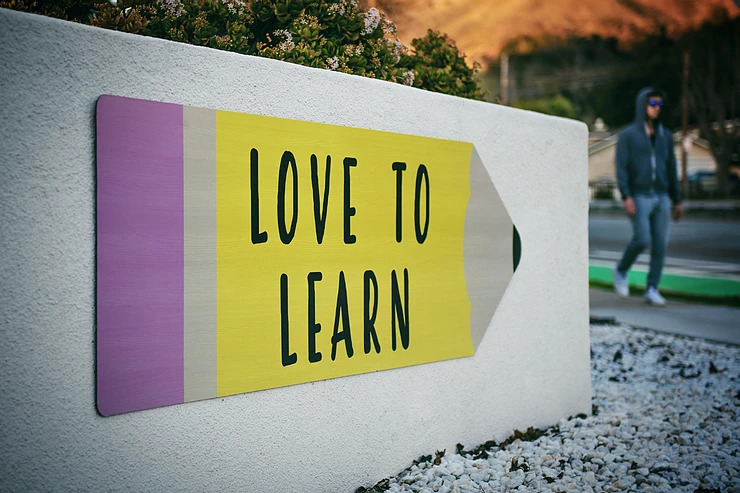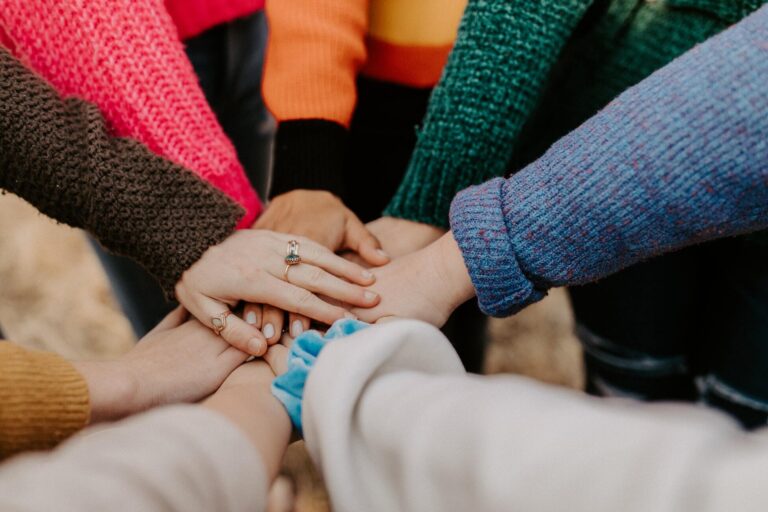Learning Coping Skills After Addiction
Often when people come out of an addiction, they don’t know how to cope with life’s everyday challenges. In the past, when things got hard, they drank or used drugs. That means when something negative happens – say a pandemic – they may not know how to deal with it except going back to using, and when a positive thing has happened a wedding – the birth of a child – they may not know how to celebrate. Positive coping skills teaches those recovering from addiction how to live a life that not only is sober, but also happy.
Positive coping skills teaches those recovering from addiction how to live a life that not only is sober, but also happy.
One important thing about coping skills is that you want to learn how to use them in good times, so they come natural before stressful or “bad” times. If you don’t color regularly, it can feel odd and out of character to color when triggered.
This begs the question of what coping skills are and how to use them effectively. A surprising number of things can be coping skills. Amy Morin, a licensed clinical social worker, suggests that there are two types of coping skills, problem-based and emotion-based. Problem-based coping skills can be things like asking for help or making a to-do list. Emotion-based coping skills can be things like taking a shower or singing your favorite song.
It may seem as if problem-based coping skills do more to problem solve than emotion-based coping skills, but that is not always the case. If the main problem is emotion-based – I’m having a sad sort of day or my girlfriend made me upset – then emotion-based coping skills make sense. It also makes sense to do emotion-based coping skills to calm down before diving into the problem-based coping skills or when you don’t want to or can’t change situations.
In the end though, what works for you may be different from what works for other people. It can be smart to try out many coping skills when healthy to see what fits. Whether it’s learning guitar on ending a negative relationship, finding the right coping skill takes practice and persistence.





